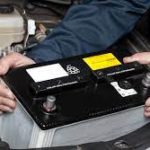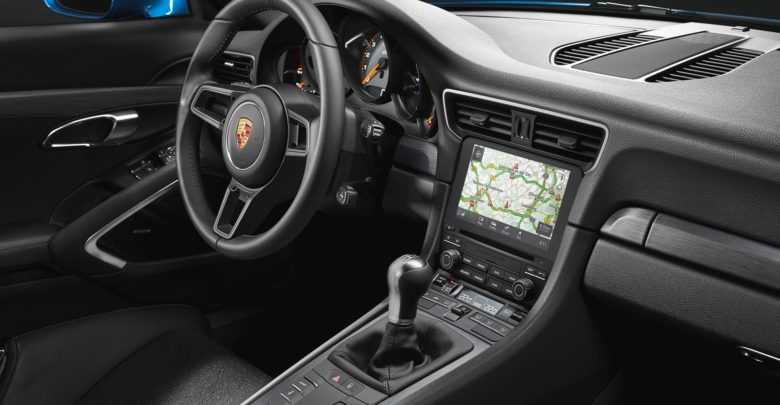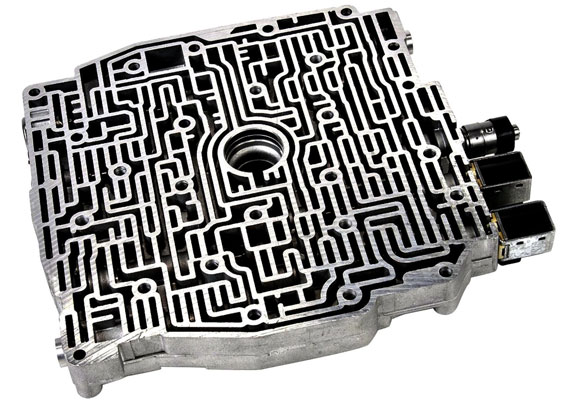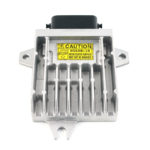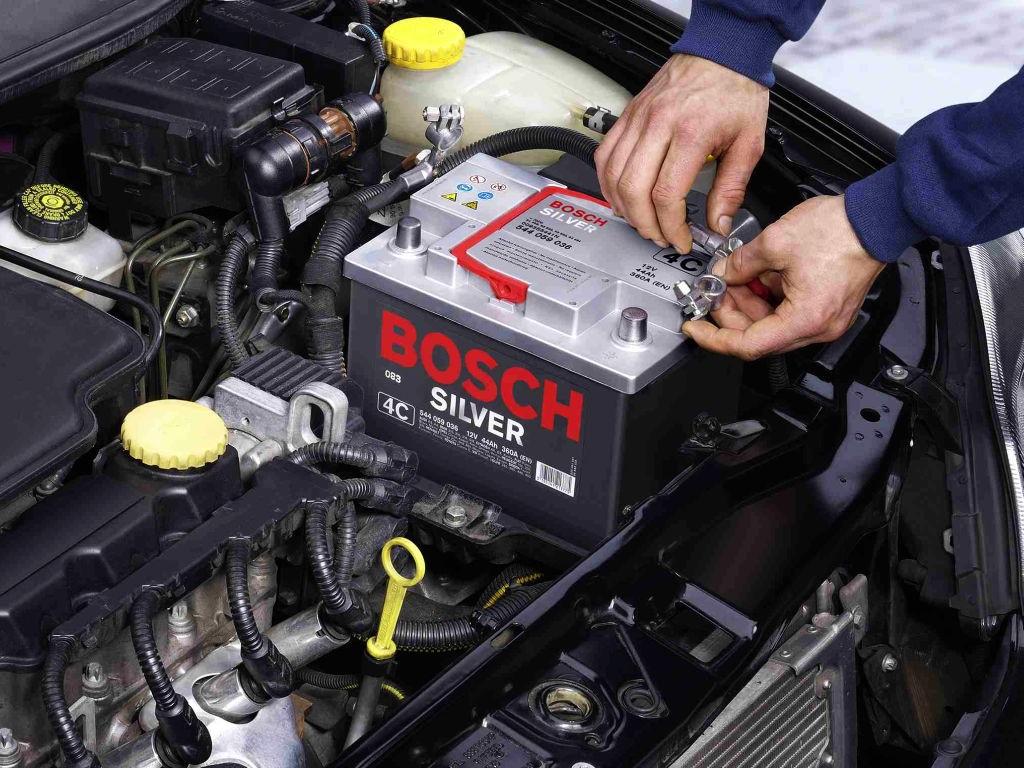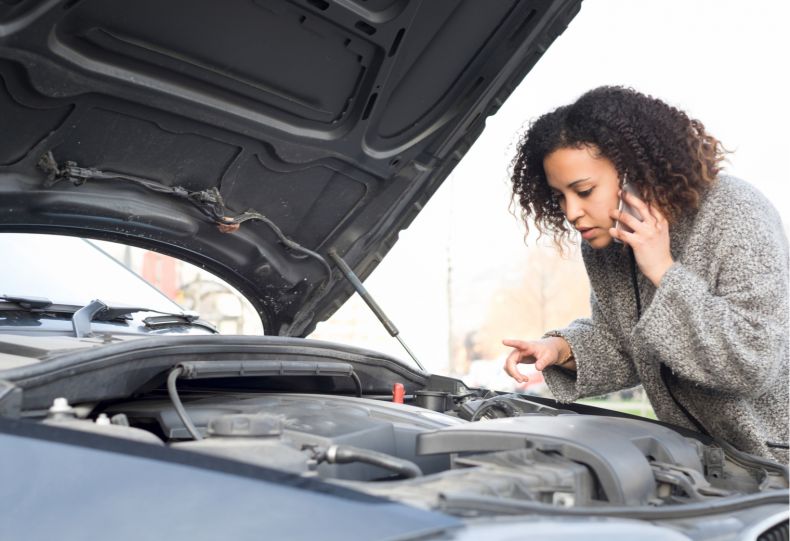How Much Is a New Transmission? We are going to consider the cost of buying a new transmission and when it’s ideal to buy or replace a transmission. To get started, let’s briefly consider what a transmission does.
One of the most crucial parts of a vehicle is the transmission. It is what transfers the engine’s power to the wheels.
Car transmissions come in a variety of types. Some are automated, whereas manual transmissions in stick-shift cars have the driver doing additional steps in order for the vehicle to function properly. In a car, where do you find the transmission? A transmission is often installed in the front of a vehicle’s chassis.
If you’ve ever wondered how a transmission works, you should know that it depends on the type of transmission. What does a gearbox accomplish, regardless of the type, is allow the gear ratio between the drive wheels and the engine to alter when the automobile slows and speeds up.
When a vehicle comes to a complete stop, the transmission disconnects the engine from the driving wheels, allowing the engine to idle while the wheels aren’t moving. Transmissions also allow for swift acceleration from a stop and for the engine to run at a lower RPM to reduce wear while the vehicle is traveling at a constant pace.
Read also: How To Change Transmission Fluid: Easy Steps
How Much Is a New Transmission?
For a brand-new transmission, the average price range is between $1,800 and $3,400. Labor costs typically range from $500 to $1,200, plus taxes and other fees.
Signs That Your Car Needs New Transmission
There are signs your car will show that suggest you need to change the transmission. These warning signs are summarized below:
Check Engine Light Flashes
This is the easiest and most obvious way to detect a transmission problem, yet far too many people overlook it or expect it will go away when they turn on the light. That’s a recipe for disaster. To diagnose the problem, always have a skilled technician perform a test.
Transmission Makes Noise
When a transmission fails, the sound may be slight, but any noise from the transmission should be addressed right away. As the gears shift, listen for grinding, slamming, or rumbling, as well as a high whistling sound from the engine compartment. Any strange sounds emanating from the transmission should be investigated.
Difficulty Shifting Gears
If you have a manual gearbox, you may discover that changing speeds is becoming more difficult or that the shifter is popping out of gear. You may encounter gear slippage while driving with an automatic transmission. When you’re abruptly not in gear for a few moments and accelerate, it’s slow to downshift or upshift, or when you put it into drive, it makes a loud clunk. These symptoms could suggest a low fluid level or an issue with the drive train, but they must be treated right away.
Fluid Leaks
It is never a good indication when a car or truck leaks fluid. Keep an eye out for any puddles or stains under your car and try to figure out where they came from. Because fluid might move over parts and the frame and appear to be coming from somewhere else, it can be difficult to pinpoint the source of a leak.
Take it to a shop to have a mechanic troubleshoot and identify the problem with your transmission. Place a pan beneath the leak overnight and have it evaluated by your mechanic.
Check Your Transmission Fluid
To ensure that the level is proper, you should perform this on a frequent basis. Take note of any burning odors or if the fluid appears hazy or brown as you do so. The fluid in a healthy person will be a translucent bright red with a syrupy consistency.
Is it worth replacing a transmission?
In the short term, rebuilding a transmission can save you a lot of money while removing car payments from your monthly budget. Many people find that the initial cost of repairing their transmission is well worth it. It’s possible that rebuilding a transmission will set you back $2500 or more, which is a substantial sum of money.
How many transmissions does a car have?
Automatic and manual transmissions are available in modern vehicles. In a manual transmission vehicle, the driver is in charge of moving the gears, whereas in an automatic transmission vehicle, the car does it for you.
How long should transmission last?
Some transmissions have a lifespan of just over 10,000 miles, while others have a lifespan of far over 200,000 miles. However, the most important aspect affecting a transmission’s longevity is regular vehicle maintenance, and proper maintenance can help it survive even longer.
When should one replace transmission?
The age and mileage of the transmission is one of the most crucial considerations. Between 80,000 and 150,000 miles, automatic transmissions commonly fail. Manual transmissions might break significantly sooner, especially if basic maintenance is not performed.
How much does it cost to replace transmission?
The cost of a replacement can be anything between $1,800 and $3,400. Labor expenses might range from $500 to $1,200 depending on the repair company and technicians. Here’s a quick rundown of what it costs to send a message: $1,300 to $3,400 for a remanufactured transmission.
What’s the sound of a bad transmission?
You may be experiencing transmission failure if the sound sounds like humming, buzzing, or clunking. Automatic transmissions can make humming, buzzing, or whining noises, but manual gearboxes make a more obnoxious “clunking” noise.
Which transmission is fastest?
Manual transmissions may have been faster than automatic transmissions at some point in the past. Automatic gearboxes have quickly eclipsed the trustworthy old manual in terms of speed, thanks to developments and innovations that have helped them become more efficient.
Is it better to drive manual or automatic transmission?
Automatic transmissions make driving in slow-moving or stop-and-go traffic much easier. The transition between gears is also lot smoother, providing in a more comfortable, judder-free ride. The transmission is less likely to fail because there’s less danger of accidently grinding the gears.
Is automatic car good for long journey?
Yes! For people who have long commutes and frequently have to drive through congested areas, an automatic gearbox vehicle makes a lot of sense. The driver’s tiredness is greatly reduced by not having to operate the clutch and gear lever on a regular basis.

